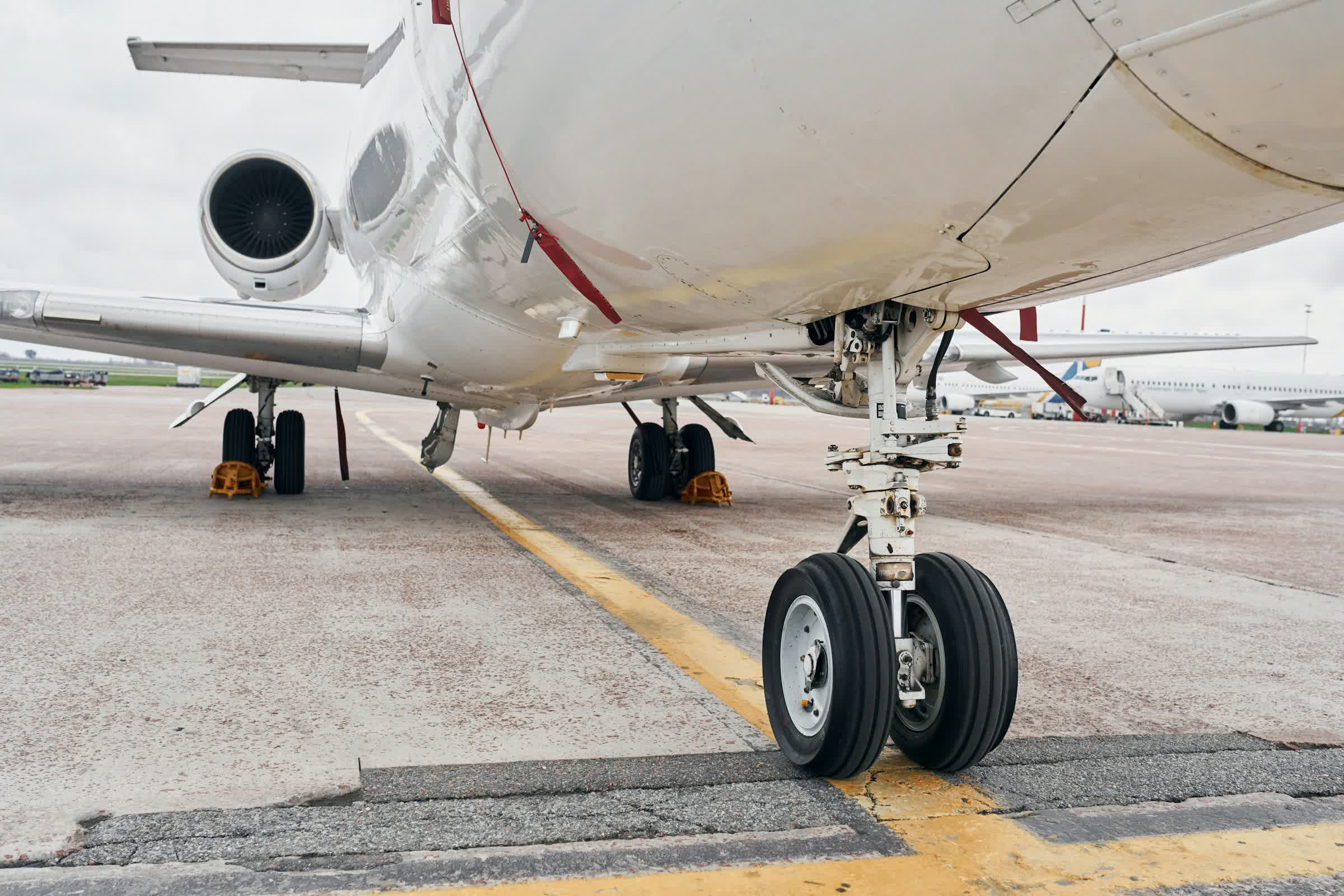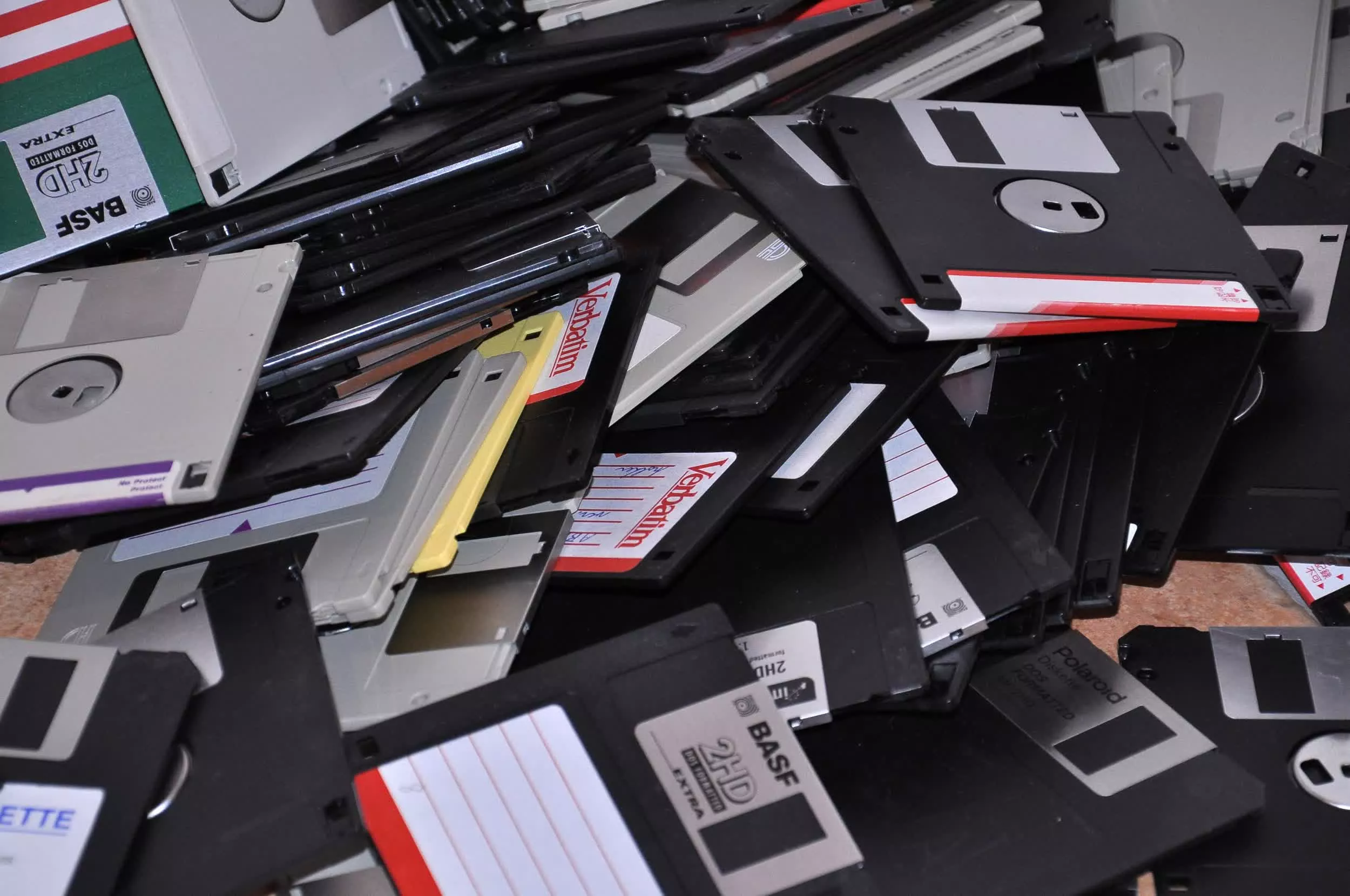In brief: It's 2025, and the FAA has decided it's time to stop using floppy disks and Windows 95 for air traffic control. The head of the agency, Chris Rocheleau, wants to replace the archaic systems with something that belongs in the 21st century.
"The whole idea is to replace the system. No more floppy disks or paper strips," Rocheleau told the House Appropriations Committee during a hearing on Wednesday (via NPR).
Rocheleau is referring to paper flight strips, the pieces of cardstock on which key details of a single flight – such as call sign, aircraft type, and altitude – are printed or handwritten.
In 2023, an FAA assessment found that over a third of the nation's air traffic control systems are unsustainable, and some are starting to fail.

Many US air traffic control facilities still use legacy systems because the subsystems they serve were built in the 1990s, have been exhaustively safety-certified, and must never be shut down. That means replacing them is an incredibly difficult, not to mention expensive, undertaking, and whatever system is brought in must be designed with safety and security in mind.
"This is the most important infrastructure project that we've had in this country for decades," Transportation Secretary Sean Duffy said during a press conference this week. "Everyone agrees, this is non-partisan. Everyone knows we have to do it."
Related reading: Once-Iconic Tech Products That Are Now a Fading Memory
The entirety of the aviation industry has been calling for an upgrade to air traffic control systems. Unions, trade groups, manufacturers, and others have formed a coalition called Modern Skies, which has released a TV ad that reminisces about iconic '80s trends. The ad highlights that one of them – floppy disks – is still being used to run air traffic control systems four decades later.
The FAA has sent out a Request for Information for companies to pitch their best ideas for upgrading the whole system to the Transportation Department next week.

Duffy estimates that the project will be completed in four years at the cost of tens of billions of dollars, but some say that timeline is wildly optimistic.
Sony made the last new floppy disk in 2011, though it's only in recent times that we've seen them being phased out in many industries and businesses, including San Francisco's light rail service.
Meanwhile, decades-old Windows operating systems such as Windows 95 continue to run trains, ATMs, elevators, and government systems around the world, as the cost of new hardware, regulatory hurdles, and custom software rewriting prove too much.
FAA finally replacing floppy disks and Windows 95 in air traffic control systems